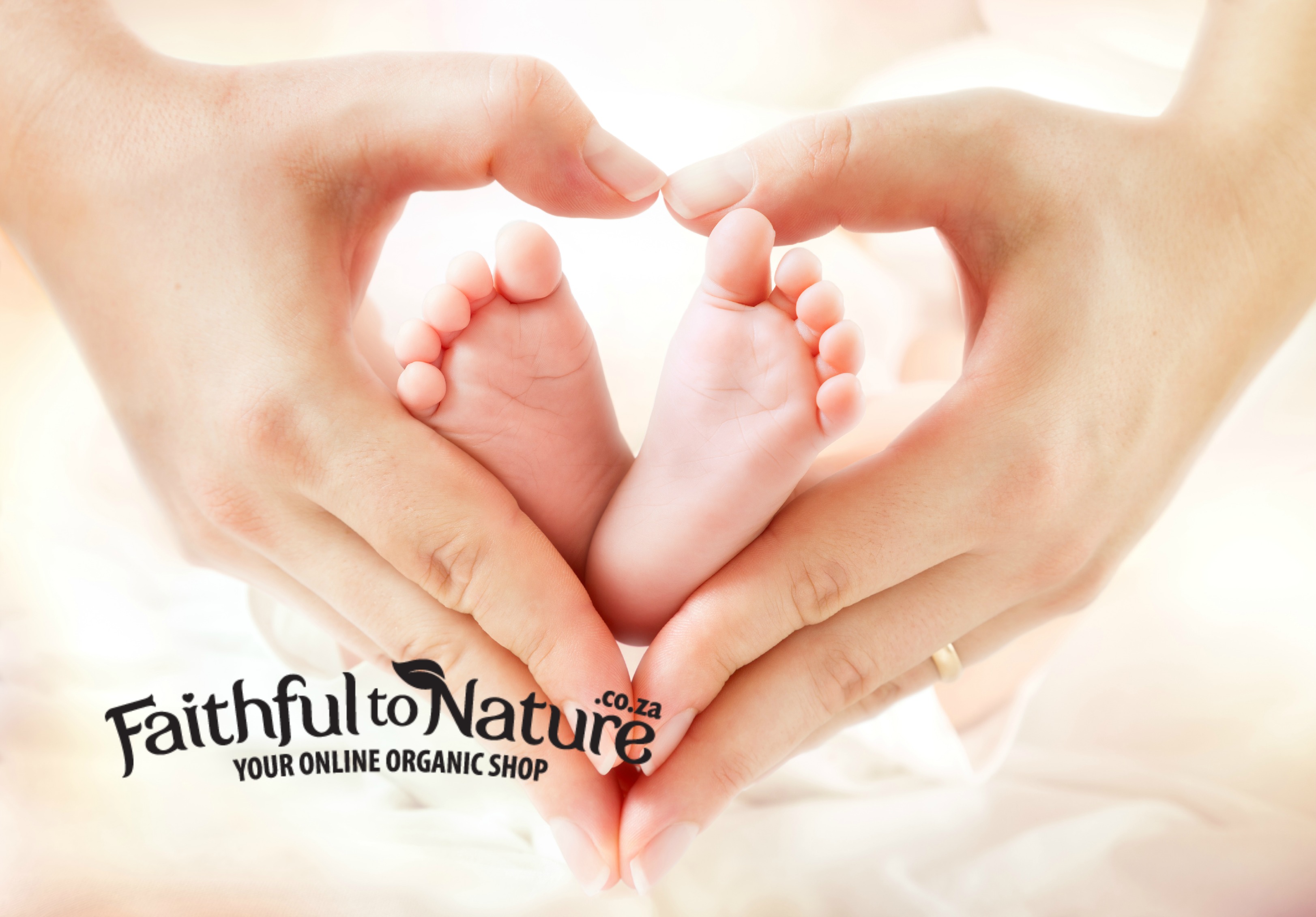
08 Nov Supplement Support for New Moms
Pregnancy and just after is a time in your life when your body’s resources are all gathered to nurturing another little life that is relying on you for its survival. It’s also possible that you may experience a little of the baby blues once you have given birth, so taking good care of your body and emotional wellbeing is vital, as your little one needs you strong , healthy and happy.
What are some nutritional considerations when it comes to being pregnant and coping with the demands of new motherhood?
Folic acid
This is one of the most important preggy supplements you should consider taking as it plays a big role in your baby’s development and health. Taking folic acid significantly reduces the chance of defects such as spina bifida.
If you are not pregnant yet but are trying, starting on a folic acid supplement now already is a good idea as it’s actually ideal to begin supplementing with it 3 months before you conceive.
[add-to-bag productid=”5226″]
Calcium
Your developing baby needs calcium to build strong bones and teeth and create a healthy heart rhythm, if you’re not getting enough calcium during pregnancy your baby will draw it from your bones and this could affect you later in life by leading to osteoporosis.
Iron
When you’re pregnant your blood volume actually increases by almost an amazing 50 percent, so iron is important to help you produce more hemoglobin. Your baby also needs iron and so does the placenta. Anemia has been linked to preterm delivery and low birth weight. You can supplement with a good iron supplement, but also try snacking on apricots, figs and kale chips if you’re vegan, for that extra iron, or taking spirulina in your smoothies or as a supplement.
[add-to-bag productid=”4470″]
Omega 3
Foods rich in Omega 3 fatty acids are important as they are essential for so many of your body’s functions, including your brain. This can help you feel clearer and cope better by preventing depression. You can get omega 3’s from a good fish oil supplement or by eating fish but if you are a vegan, try flax seeds, chia seeds and hempseeds.
Eating fish is a concern when it comes to mercury as many fish such as mackerel and tuna have high levels. You should eat these very sparingly when pregnant or breastfeeding.
Vitamin B12
If you don’t eat any animal products, it’s important that you get enough vitamin B12, a vital nutrient for your brain function and nervous system. You can get it by eating spirulina and nori, but it is still advisable to supplement. Vegetarians can also get B12 in foods such as milk, cheese and eggs.
Galactogogues
If you struggle to produce enough breast milk once your little one is born, galactogogues are herbs that help stimulate milk production. (Please not that you should always consult with a qualified healthcare professional when taking herbs).
Raspberry leaf tea helps to increase breastmilk production and also helps the uterus prepare for contractions in the third trimester, and recover after birth. It’s also very high in vitamins and minerals.
[add-to-bag productid=”2342″]
Fenugreek is one of the most effective herbs for increasing milk production. It can also lower blood sugar levels though so should be used with caution by diabetics. Do not take fenugreek when you’re pregnant as it can cause uterine contractions
Brewers yeast can help increase milk production but is not a good idea if you have a problem with recurring yeast infections.
Fennel increases breastmilk production, and also relieves symptoms of gas or upset stomach.
Prenatal Vitamin Supplement
You should make sure you eat a diet with plenty of fresh fruits and veggies as well as protein, but it can help cover all your bases to take a quality prenatal multivitamin. You can continue to take these preggy vitamins a few months after you have given birth too, to give yourself that extra support.
| [add-to-bag productid=”7412″] | [add-to-bag productid=”3539″] |









No Comments